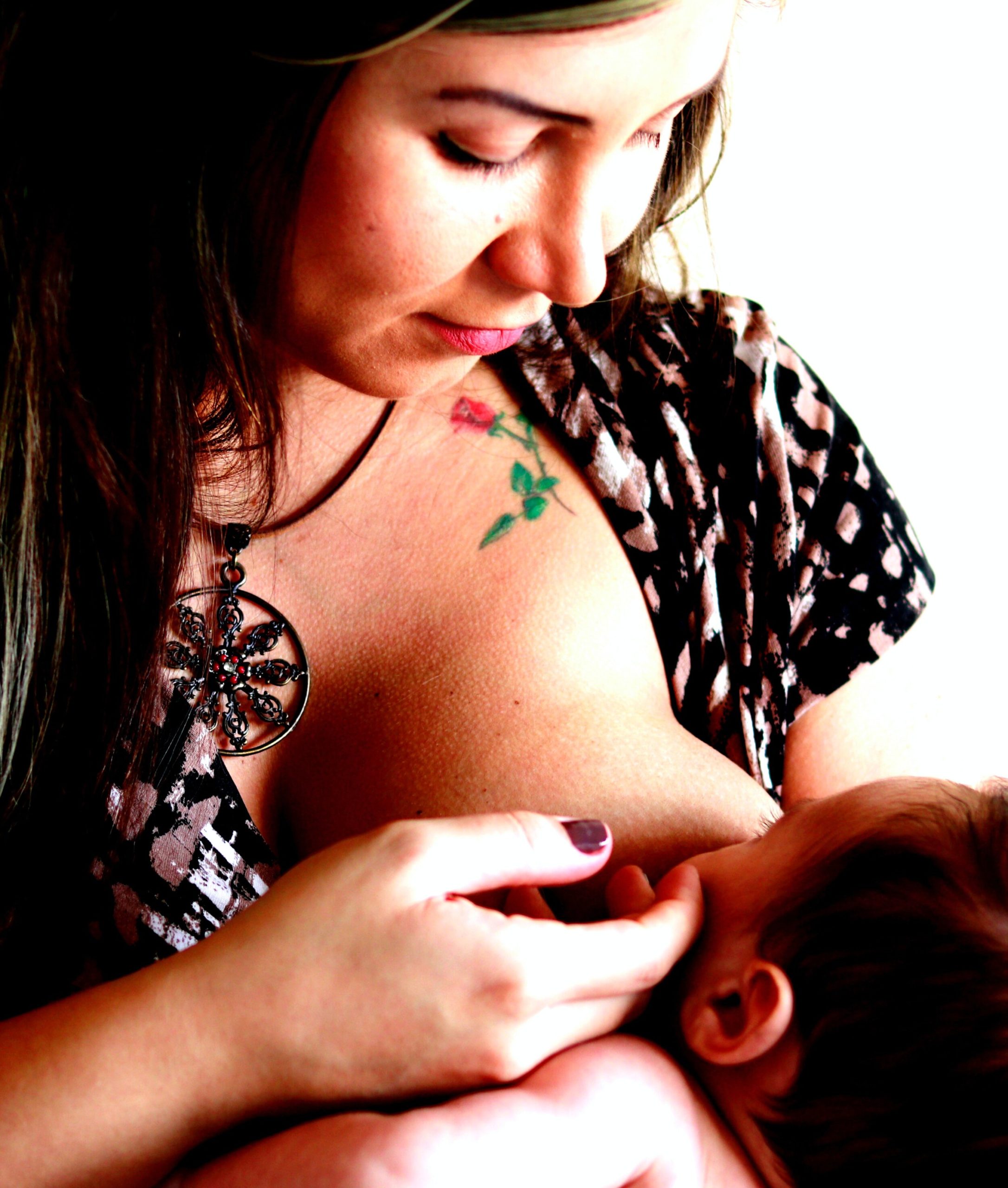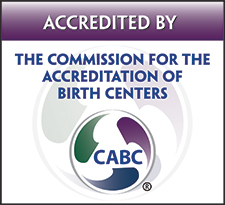It’s starting to get cold…you’re making plans for the winter holidays…and you’re entering mastitis season. You didn’t know there was a season for mastitis? Unfortunately, from relatives passing your baby around to compromised immune systems as the weather turns cold this time of year is a perfect disaster for a case of holiday mastitis.
Some tips for preventing mastitis this holiday season:
Wear your baby
Well-meaning relatives often play “pass the baby,” bouncing and shushing when the baby begins to show early hunger cues. Young babies in particular may skip a feeding because they’re so snug with a friend or family member and away from their mother’s breasts. Keeping your baby close in a baby carrier or gentle reminders about how often newborns need to eat can help ensure your baby drains your breasts frequently.
Pass on the prep work
It’s all too easy to delay a feeding and ignore your engorged breasts when you’re in the middle of a pie crust. If you have a baby this year, ask for help from your partner or others attending your holiday gathering. If you do intend to bring something, have realistic expectations–this is the year to buy the pie crust instead of making one from scratch.
Support your immune system
The best way to avoid mastitis is to ensure your breasts are drained frequently, but it’s also important to pay attention to your general health. Eat well, sleep as much as possible, and boost your immune system with Vitamin C, B6, and E or elderberry syrup.
Wear the right bra
Dressing up for the holidays may mean you’re tempted to modify your usual nursing bras. Be sure to avoid underwire or ill-fitting bras which can obstruct milk flow and lead to a plugged duct or mastitis.
Watch for early symptoms
The first sign of mastitis is usually a plugged duct, a swollen, tender lump in the breast that often comes on gradually and is not accompanied by other symptoms like redness, warmth over the tender area, or a fever. If you notice a plug duct, nurse frequently on that side, massaging while feeding. You can also try warm compresses or breast massage in a warm shower.
Symptoms of mastitis include:
-
Swollen, red, warm, and tender area of the breast
-
General malaise and fatigue, similar to the flu
-
Fever over 100.4 F
If you are experiencing symptoms of mastitis, be sure to call the midwives on the on-call number so that we can advise you appropriately and prescribe antibiotics if indicated.




